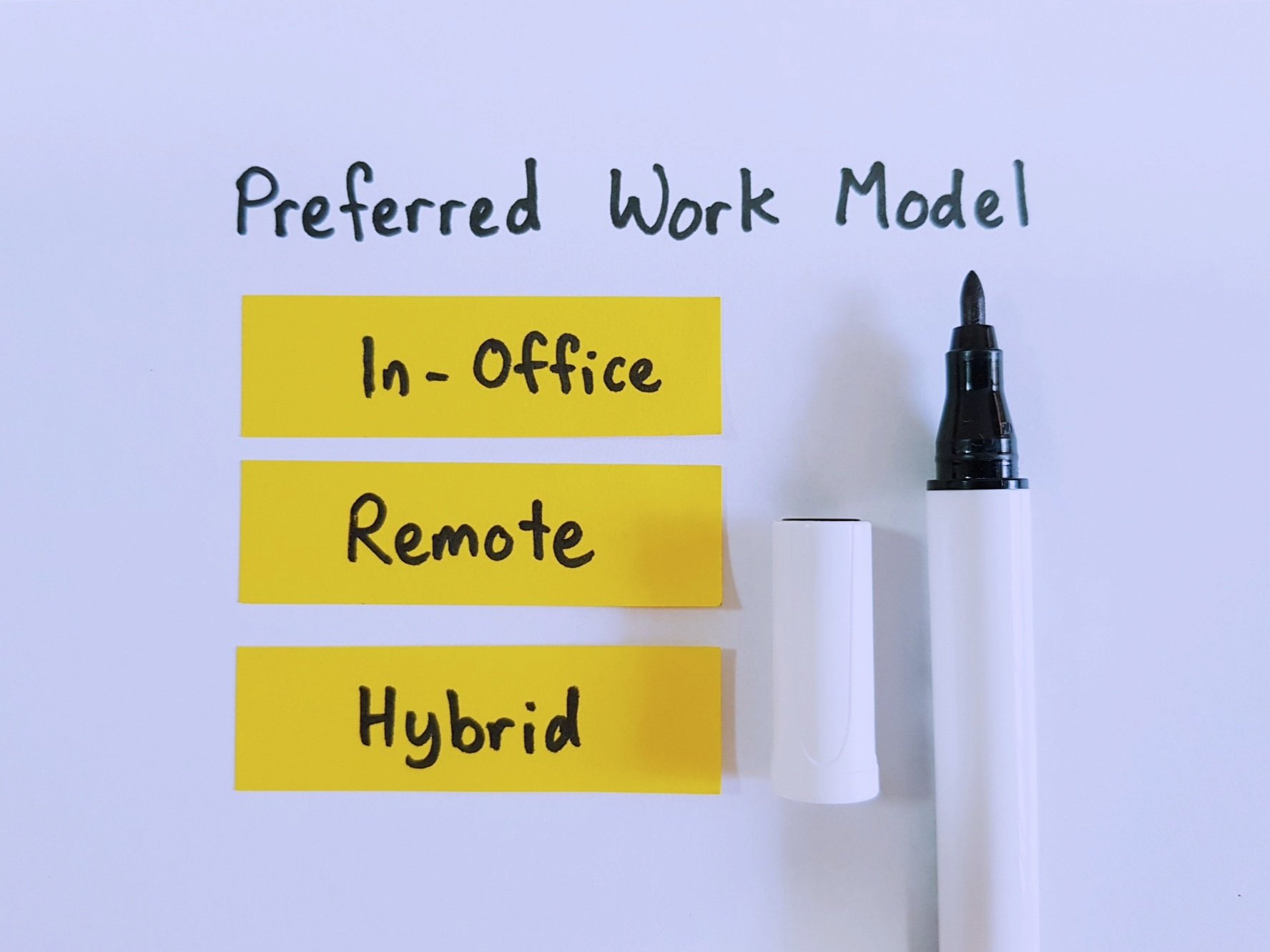Navigating the Future: The Impact of Remote and Hybrid Workplaces on Nonprofit Industries
"In the ever-evolving landscape of remote and hybrid workplaces, nonprofits must harness innovation and adaptability to amplify their impact. Together, we navigate the future, unlocking untapped potential and driving positive change for a resilient and purpose-driven nonprofit sector."
In the wake of the global pandemic, the traditional office landscape has undergone a seismic shift, prompting organizations to reimagine the future of work. Nonprofit industries, like many others, have grappled with the challenges and opportunities presented by remote and hybrid work models. As the economy adjusts to the changing dynamics of the labor force, the way nonprofits operate, engage with supporters and manage financial resources is undergoing a transformation. In this article, we delve into the far-reaching effects of remote and hybrid workplaces on nonprofits, exploring the implications of return-to-work strategies and their financial impacts on the nonprofit sector.
The Rise of Remote and Hybrid Workplaces in Nonprofits:
The transition to remote and hybrid workplaces has been a defining moment for nonprofits. With health concerns and lockdown measures in place, organizations were forced to adapt quickly to keep their missions alive. Many nonprofits embraced remote work, enabling employees to continue their roles from the safety of their homes. The hybrid model, combining remote and in-office work, emerged as an attractive option, offering employees more flexibility while maintaining in-person collaboration when needed.
Impact on Nonprofit Workforce Engagement and Effectiveness:
Employee Well-being and Productivity: Remote work has shown promising outcomes in terms of employee well-being and productivity. Reduced commutes and flexible schedules have contributed to increased job satisfaction, leading to improved retention rates and reduced burnout.
Access to Diverse Talent: The shift to remote and hybrid workplaces has opened up opportunities for nonprofits to tap into a more diverse talent pool. Organizations are no longer restricted by geographical limitations, allowing them to attract employees from various backgrounds and locations.
Communication and Collaboration Challenges: Nonprofits have faced communication and collaboration challenges with remote and hybrid setups. Building team camaraderie and fostering a strong organizational culture has become more complex when employees are physically dispersed.
The Impact on Supporters and Fundraising:
Virtual Engagement: Nonprofits have adapted their supporter engagement strategies to the virtual world, leveraging online events, webinars, and social media to maintain connections with their donor base. Virtual fundraising campaigns have proven successful, reaching wider audiences and eliciting global support.
Enhanced Accessibility: Remote and hybrid workplaces have made nonprofit events and activities more accessible to a broader audience. Supporters who previously couldn't attend in-person gatherings due to geographical or mobility constraints can now participate from anywhere.
Impact on Fundraising Revenue: The shift to remote and hybrid work models has had implications on nonprofit fundraising revenue. Organizations have had to reevaluate their fundraising strategies and find innovative ways to attract donor support in a virtual landscape.
Navigating Financial Impacts and Economic Changes:
Financial Sustainability: Nonprofits have faced financial challenges due to economic changes and uncertainties. The shifting donor landscape and changes in giving patterns have prompted nonprofits to focus on long-term financial sustainability and diversifying revenue streams.
Reallocating Resources: Remote and hybrid work models have allowed nonprofits to reallocate resources previously spent on physical office spaces and travel expenses. Organizations can invest these savings into mission-critical initiatives and programmatic activities.
Budget Constraints: Economic changes and financial constraints have led some nonprofits to face budgetary challenges. Strategic financial planning and analysis are crucial to navigate uncertainties and ensure efficient resource allocation.
The impact of remote and hybrid workplaces on nonprofit industries has been profound and multifaceted. Nonprofits have experienced shifts in employee engagement, supporter engagement, and fundraising revenue as they navigate the changing dynamics of the labor force and the economy. While remote and hybrid work models have brought forth various benefits, they have also posed unique challenges that require innovative solutions and strategic planning.
Lead By Change: Your Trusted Partner in Navigating the Future
Lead By Change understands the complexities faced by nonprofit organizations in adapting to remote and hybrid work models. With our expertise in nonprofit consulting, finance, and HR, we can guide your organization through this transformative journey, ensuring that your nonprofit thrives in the dynamic landscape of the future. Together, let's seize the opportunities presented by remote and hybrid work models and create a resilient and impactful nonprofit sector for the years ahead.
